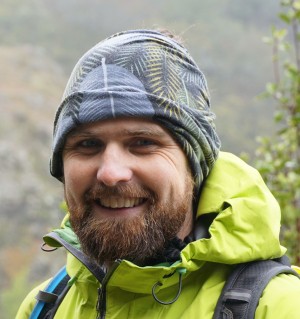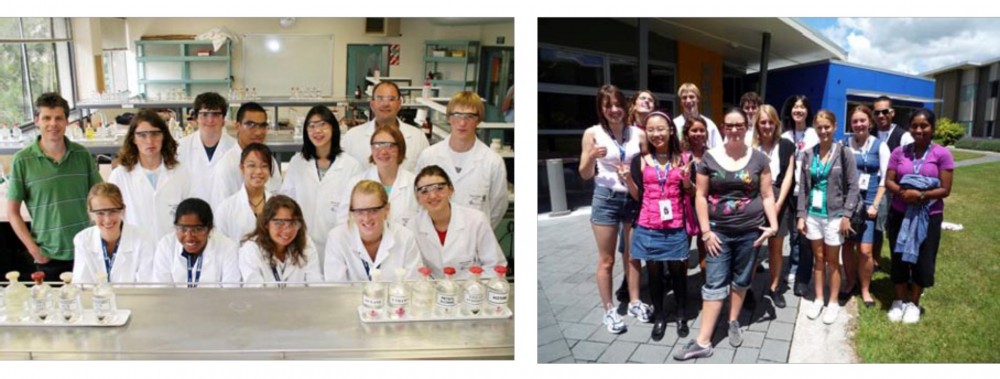NanoCamp over the years - Annual Report 2022
21 April, 2023
 Dr Leighton Watson was 17 when he attended the MacDiarmid Institute’s first ever NanoCamp in 2009. He cites the experience as key to giving him an early taste of research life.
Dr Leighton Watson was 17 when he attended the MacDiarmid Institute’s first ever NanoCamp in 2009. He cites the experience as key to giving him an early taste of research life.
“NanoCamp gave me early exposure to the university environment and to scientists who were excited by their research and determined to make a difference in people’s lives.” Leighton, who returned to Aotearoa New Zealand in 2020 as a recipient of a Rutherford Foundation Postdoctoral Fellowship from the Royal Society Te Apārangi, has an honours degree in geophysics from the University of Auckland and a PhD from Stanford. He says he still recalls fondly his week at NanoCamp all those years ago.
“It was as much the fellow NanoCampers I was with, who were energetic and excited about science like me, and I thought - it would be great to work with similar people”.
NanoCamp clearly tapped into a previously unmet demand for this kind of event amongst high school students who are interested in science.
Professor Shane Telfer Principal Investigator The MacDiarmid Institute
NanoCamp is a week-long science camp for Year 12 and 13 students held in MacDiarmid Institute labs. The Institute’s inaugural NanoCamp was held at Massey University during the week January 19-23, 2009. Principal Investigator Professor Shane Telfer who led the first NanoCamp says NanoCamp was an unreserved success.
Callista Booth-Richards attended NanoCamp at the University of Canterbury in January 2021 and credits the camp and the people she met for changing her study plans from a double major in chemistry and plant biotechnology, towards a PhD in nanotechnology.
“When I heard (Principal Investigator) Professor Paul Kruger talking about the MacDiarmid Institute’s work on sustainable materials, I just knew, that’s what I want to do. So I set about finding out what I’d need to study or do at undergrad level in order to be eligible for one of the PhD scholarships the Institute offers. She says this also led to her asking her supervisor (Associate Investigator Dr Courtney Ennis) if she could do a six-week part-time research project while in her second year of Chemistry at the University of Otago. “It’s been such a treat to be working on this research project and to be actually working on metal organic framework (MOF) samples sent by Paul Kruger.”
She says she’s now really interested in MOFs or bioplastics.
 (Left) Inaugural 2009 NanoCamp attendees at Massey University (Right) Callista Booth-Richards in the chemistry lab at the University of Otago
(Left) Inaugural 2009 NanoCamp attendees at Massey University (Right) Callista Booth-Richards in the chemistry lab at the University of Otago
NanoCamp really shaped what my future will look like.
CALLISTA BOOTH-RICHARDS 2021 Discovery Alumna


